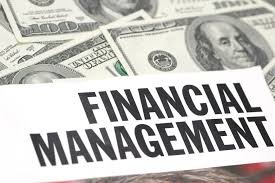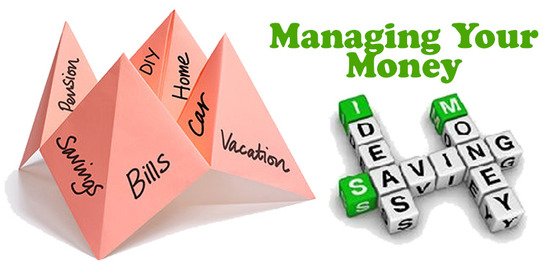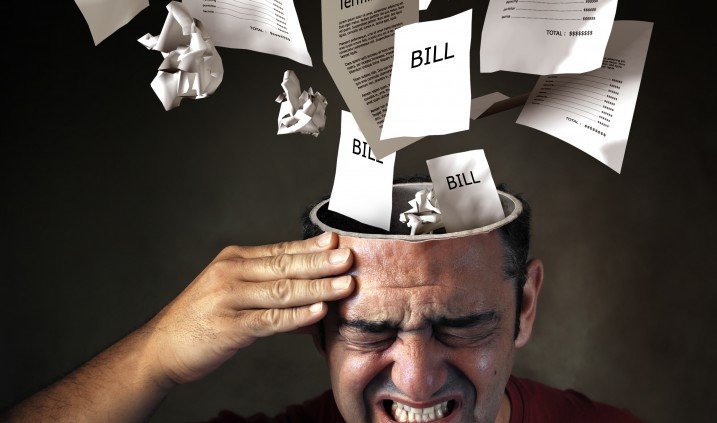Money Management Basics
The way you spend and manage your money has a significant effect on your entire lifestyle. Unfortunately, critical money management skills aren’t commonly taught in schools, although that’s starting to change.

Determine your income sources
Whether you are a student, an employee, a business owner or a retired, you need to list your income sources and determine how much income each source generates. For most of us, the main source of income is the salary or wage we receive from our employer and in the most cases, it is a fixed amount each month. If this money is insufficient, consider additional income sources: you can start a second job, offer some services as a freelancer, sell your own products or declutter your house and organize a garage sale.
Spend less than you make
Once you know how much you expect to make on a monthly basis, add up your expenses. The rule of thumb when it comes to personal finance is to spend less money than you earn. If you spend even a thousand dollars more per year than what you earn, you will end up in a spiral of debt that is hard to come out of. If you spend exactly the same amount as your income, you will never be able to save money and be prepared for unexpected events, good or bad. Spend less than your earnings and put some money aside.
Do this by setting up a budget. You need to know where your money goes. Get in the habit of categorizing your bills and tracking your spending. The easiest way to set up a budget – even a basic one – is with a pen, paper and a calculator to help you determine how much money you can spend on each category. Now that you can see your budget at-a-glance, you can decide on the expenses you can cut – do you really need that new dress? Is it really time to upgrade your car? Can you afford this vacation right now? Set a budget threshold that is below your monthly income and try to stick to it.
Make smart investments
Do you wonder why rich people get richer? The simple answer is because they invest their money. Even if you do not have a lot of money, it is better to invest some, rather than keep all of it under your mattress. If you have no financial education or investment knowledge and experience, you can consult an expert, like a financial adviser or a money management coach. They will help you select the right investment vehicle based on your personal financial situation, risk tolerance and goals. Generally, it is better to have a diversified investment portfolio, rather than put all your eggs in one basket.
Choose the right bank account
Some banks require a minimum balance to open a bank account. Some banks charge monthly fees for maintaining your account or your credit card, or if you write more checks than the limit. Some institutions combine both, while others may have no fees. Some accounts come with handy apps that help you manage money, free transfers, automated bill pay and fee-free ATM.
Use your credit card wisely
It is easy to get a credit card and it is also easy to get into debt using one. Never buy things using a credit card that you can’t afford otherwise. In other words, if you don’t have the amount in your bank account to pay the credit card installments every month, don’t make that purchase. In addition to that, some credit card companies may give you a cash back or points if you make payments on time. There are a number of different credit cards with various rewards options. If you have one and find another that suits you better, you may be able to transfer your balance at 0% interest, so it’s worth looking into. Always pay your credit card bill on time to avoid late fees and extra interest.









